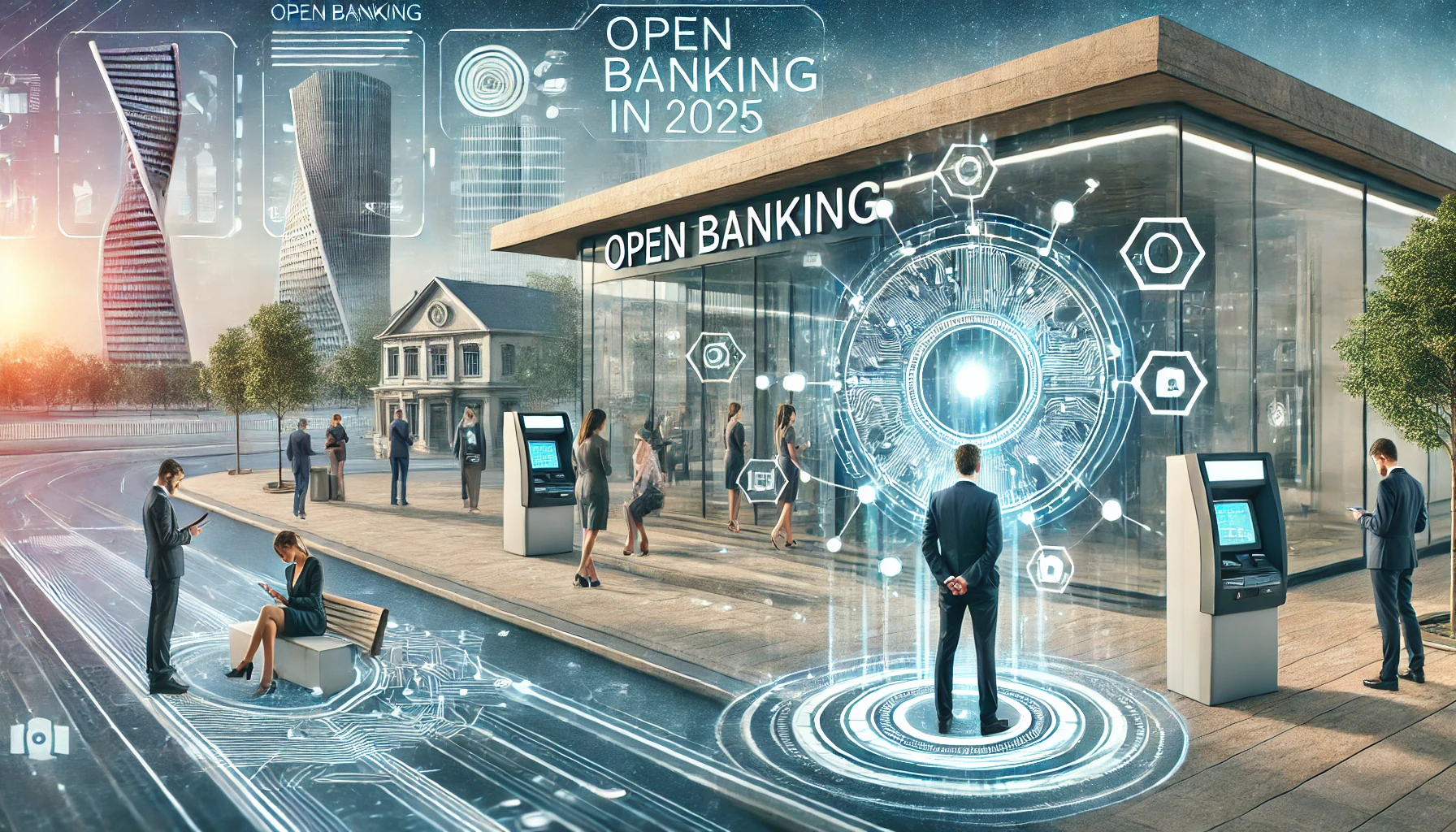Open banking is shaping up to be one of the most transformative trends in the financial world. By allowing secure sharing of financial data between banks and third-party providers, open banking is creating opportunities for innovation while improving financial services for both consumers and businesses. One of the major open banking benefits is the enhancement of service quality.
What Is Open Banking?

At its core, open banking refers to the practice of banks and financial institutions sharing customer data with authorized third-party providers through APIs (Application Programming Interfaces). This process is only carried out with the customer’s consent and aims to offer more personalized and efficient financial services, which is a significant benefit of open banking.
For example, apps that help users track their spending or recommend tailored loan options rely on open banking to access a user’s financial data securely. These innovative apps are part of the open banking benefits framework.
Key Benefits of Open Banking
Benefits for Consumers
- Improved Personalization: Open banking enables fintech companies to offer tailored financial services, such as budgeting tools, investment advice, or customized loan options. This personalization is one of the most appreciated open banking benefits for consumers.
- Cost Savings: With access to real-time data, third-party providers can identify cheaper alternatives for loans, insurance, or other services.
- Better Transparency: Consumers can view and manage all their financial data in one place, making it easier to track spending and investments.
Benefits for Businesses
- Streamlined Operations: Businesses can integrate open banking solutions to automate tasks like invoice reconciliation and cash flow management.
- Enhanced Customer Experience: By leveraging financial data, companies can offer more relevant products and services to their clients.
- Access to New Markets: Small businesses, in particular, can access tailored financing options that were previously unavailable or difficult to obtain, highlighting the expansive open banking benefits for businesses.
Challenges in Open Banking

Despite its many benefits, open banking comes with challenges:
- Security Concerns: Sharing financial data raises potential cybersecurity risks. Strong regulatory frameworks, like GDPR in Europe, aim to address these concerns, which is crucial for realizing open banking benefits securely.
- Consumer Awareness: Many individuals and businesses remain unaware of open banking and how to use it effectively.
- Integration Costs: For businesses, implementing open banking solutions requires initial investment and technical expertise.
Real-World Applications of Open Banking
Personal Finance Apps
Platforms like Mint and Yolt use open banking to provide users with a complete financial overview. By connecting to multiple bank accounts, these apps offer budgeting tools and spending insights, leveraging the benefits of open banking.
Lending Platforms
Fintech companies such as Funding Circle utilize open banking to assess borrowers’ financial health in real-time, streamlining the loan approval process for small businesses.
E-Commerce
Open banking facilitates instant payments directly from bank accounts, reducing reliance on credit cards and lowering transaction fees for online merchants.
For more insights, explore this guide from the European Banking Authority.
The Future of Open Banking
As we look ahead to 2025, open banking is poised to become even more impactful. Innovations like open finance, which extends data-sharing principles to include investments, pensions, and insurance, are already on the horizon. The future of open banking holds even more benefits.
Regulations will continue to evolve, ensuring that data-sharing remains secure and beneficial for consumers and businesses alike. Additionally, as awareness grows, adoption rates are expected to surge, making open banking a cornerstone of modern finance, with vast open banking benefits for all involved.
Learn more about related fintech innovations by reading our post on How Digital Banking is Redefining Personal Finance



